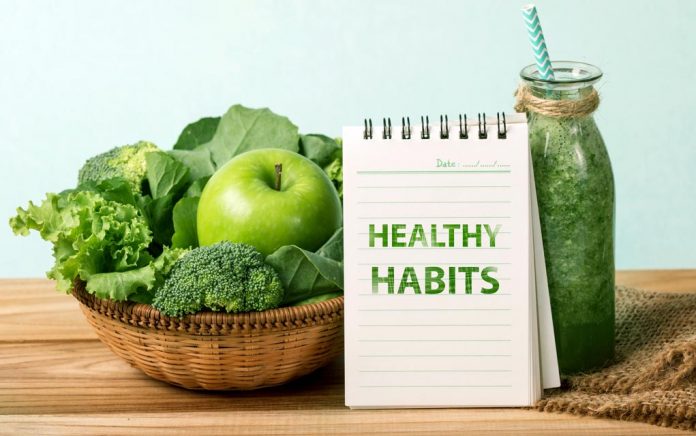
(AscendHealthy.com) – Many of us feel virtuous starting our day with a handful of vitamins, minerals and other supplements. But is it possible to get too much of a good thing? Learn what experts say about the potential dangers of a daily supplement habit.
Are Our Daily Supplements Safe?
In recent years, supplements have soared in popularity. Once sold only in health food stores, supplements now have their own supermarket aisles. These products may tempt us with marketing claims to transform our bodies.
Before adding another supplement, it’s important to know that the contents may not always measure up to the ads. More importantly, some supplements may actually endanger our health. According to CBS News, the US Food and Drug Administration (FDA) received more than 6,000 reports of side effects linked to supplements between 2007 and 2012. Those reports included 115 deaths, 900 emergency room visits and more than 2,000 hospitalizations.
Even the most serious side effects don’t always result in banned supplement ingredients. Ephedrine has been banned by the FDA; many others, such as pills marketed for weight loss, intimate physical enhancement and bodybuilding, have been recalled. Some recalled supplements have even contained ingredients equal to prescription-strength Viagra.
We can protect ourselves by checking on supplements before we buy them. The FDA website contains a Search button in the upper-right corner. Enter the supplement name to see warnings or alerts. If you experience a side effect, tell your healthcare provider and report the supplement to the FDA’s Safety Reporting Portal.
What to Know About Vitamin Overdoses
We need a certain allowance of vitamins each day, and we can become ill if we don’t get the amounts right. In the case of some vitamins, too high of doses can be just as dangerous as deficiencies. Healthline explains that this can depend on whether the vitamin is water-soluble or fat-soluble.
Vitamin C and the eight B vitamins (B1, B2, B3, B5, B6, B7, B9, and B12) are water-soluble. The body excretes these vitamins in its urine rather than storing them in tissues. Water-soluble vitamins, in general, are far less risky.
But even excess water-soluble vitamins can cause health problems:
- Vitamin B3 (niacin) may damage the liver in high amounts.
- Vitamin B6 (pyridoxine) can cause nerve damage.
- Vitamin B9 (folate) may harm our immune system and even impact the brain’s functioning.
- Vitamin C may result in cramps, diarrhea, and even vomiting. Extremely high amounts may cause migraines.
Vitamins A, D, E, and K are fat soluble. Because our body’s tissues store these vitamins, excess amounts may cause toxicity:
- Vitamin A overdoses may result in nausea and even coma.
- Vitamin D can cause a loss of appetite and irregular heartbeat.
- Vitamin E may result in hemorrhages and impact blood clotting.
- Vitamin K can cause risky interactions with some medications including antibiotics and warfarin.
The Risks of Minerals and Multivitamins
Just as with vitamins, excess minerals can be hazardous to our health. Too much selenium, for example, may upset the stomach, cause hair loss and even damage nerves.
One of the most important minerals, calcium, is also one of the easiest to take in excess. Cleveland Clinic explains that calcium-fortified cereal for breakfast, yogurt for lunch, and a few tasty chocolate calcium supplement chews in the afternoon can quickly add up to an overdose. Too much calcium may result in constipation, kidney stones and problems with heart and brain function.
The US Department of Health and Human Services reports that multivitamins and multiminerals rank as the most popular dietary supplements. About half of American adults take these supplements — many of which contain 100% of our daily value of nutrients or more. Add in another supplement, such as vitamin B complex, and we risk consuming excess amounts.
Experts say no product can substitute for a well-balanced diet. Nutritious foods provide our bodies with essential components such as fiber and protein. Getting our daily quota of vitamins and minerals through food alone can reduce the risk of consuming excess amounts. Talk to your healthcare provider if you need advice on supplements or the right vitamin and mineral doses for your body.
~Here’s to Your Healthy Ascension
Copyright 2023, AscendHealthy.com




















